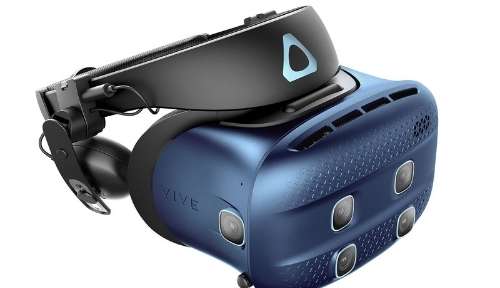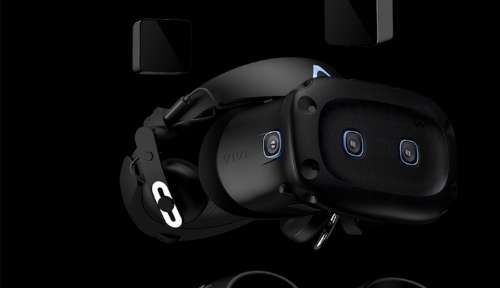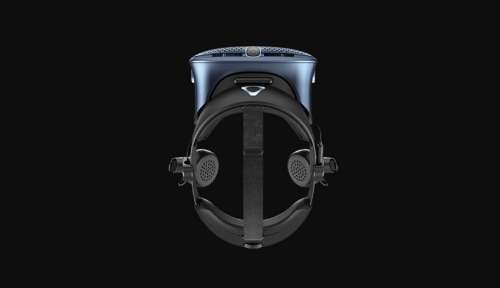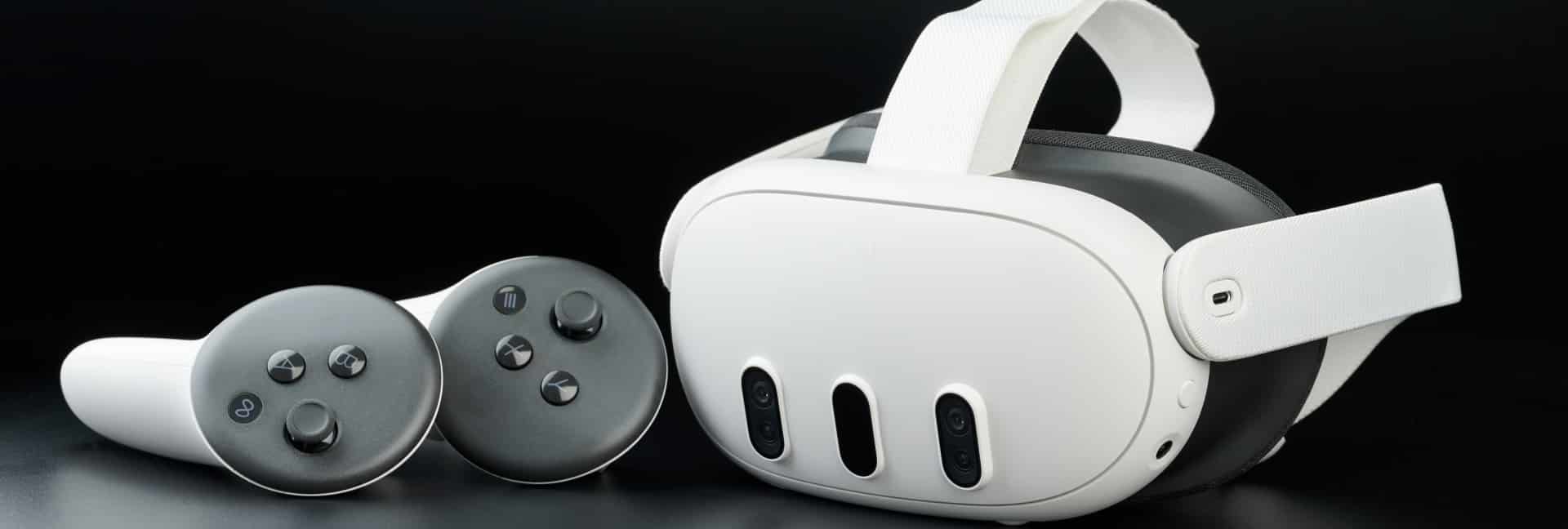Last week, Meta, the company formerly known as Facebook, announced Quest store content sales have passed the $1 billion mark. The platform, which was launched in 2019, is home to a range of VR apps and games for use with Meta Quest headsets.
This represents a quadrupling in their average monthly revenue with sales skyrocketing from $12.4 million back in 2020 to $51.3 million today.
So, what do these earnings calls spell for Meta, and what do you need to know about the announcement?
Let’s explore this story further and take a deeper look at Meta Quest’s history and accounts.
Meta’s Involvement in Quest
Oculus was founded in 2012. Before even officially releasing a single product, the company was acquired by Facebook for $400 million in cash and $1.6 billion worth of common Facebook shares.
The first headset, the Oculus Rift was launched in 2015. Later that year, Facebook acquired UK-based Surreal Vision, a company working in augmented reality and 3D scene mapping. This was followed by the purchase of The Eye Tribe, a company developing eye-tracking technology. These businesses would all be later grouped together as Facebook Technologies, LLC forming the core components in the company’s quiet move toward developing a metaverse.
Despite previous suggestions to the contrary from Oculus founder Palmer Luckey, from 2016, all Oculus products became integrated with Facebook, connecting the social network with VR.
In 2018, the standalone Oculus Quest was launched, and an updated version was released two years later. It’s estimated that 10 million units of the Quest 2 have been sold since its launch.
In 2019, Facebook launched the Quest store, boasting $5 million in sales in the first two weeks.
Late last year, Facebook rebranded to Meta, positioning itself as one of the main contenders in the race for metaverse dominance. As part of this rebranding, the company dropped the name Oculus.
Meta’s Losses
Despite this weeks’ news, Meta is actually losing money. This is, in part, due to the fact every Quest 2 is sold at a loss. Last year, the division of Meta developing VR and AR technology lost $10.2 billion last year. Previous years have seen losses of $4.5 billion in 2019 and $6.6 billion in 2020.
For Meta as a whole, this year’s financial losses have meant an 8% dent in annual profits. Announcements of this loss caused a historic 22% plunge in share prices.
Another cause for concern may be that Meta Facebook seems to have hit a ceiling in terms of users and has started losing members. The cause is largely due to younger social network users appearing to favour TikTok.
Elsewhere in the business, Instagram and WhatsApp use continues to rise, with an overall 9% increase in monthly users across the three platforms.
In addition to the VR-relaed financial losses, Meta also promises to spend at least another $10 billion in the coming years to develop the technology needed to realise its metaverse goals. Further to this, Mark Zuckerberg has pledged the technology users will need to access the metaverse will be available at cost or subsidised.
What Are Quest Store’s Top Sellers?
Big sellers on the Meta Quest store at the moment include Beat Saber, The Last City, Zenith, and the Vader Immortal Pack.
Eight of the titles available in the store have netted gross revenues exceeding $20 million. A further 14 have reached $10 million, and 17 have passed the $5 million mark. 120 titles are all $1 million sellers.
Betting Big on Metaverse Success
What’s apparent in weighing up Meta’s success and losses is that they’re investing heavily in VR now to reap the rewards later. Zuckerberg and co are clearly playing a long game. But will they realise their utilate goals? Watch this space for more updates on Meta’s quest for web 3.0 domination.







